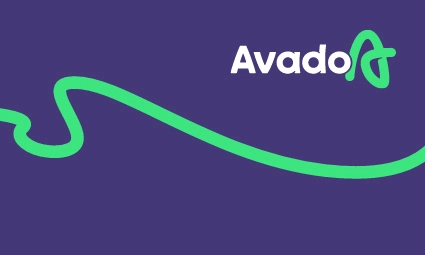Mark O’Donoghue, managing director of AVADO Digital is in the August 2017 edition of Training Journal discussing if AIs could one day be used to teach online courses. If you haven’t had a chance to read it yet, here’s a quick summary of the article.
Online learning is on the rise, with increasingly global and flexible businesses needing a way to upskill their workforce that isn’t tied down to specific places or times. Unfortunately, O’Donoghue argues, online courses don’t currently enjoy the best reputation.
“I once asked an audience of HR and L&D leaders for word association with ‘e-learning’ and the first word to come back was ‘compliance’.” He says, “E-Learning has also become a byword for ‘cost-cutting’, a way for companies to teach at scale but relying on technology to deliver a second-rate experience.”
O’Donoghue offers up a few ways in which AVADO take our courses beyond this negative perception. While traditional distance learning has offered little to no structure on courses, our online campuses allow learners to plan their studying out by week, day, and even hour thanks to estimations of duration attached to each activity. By being accessible on any device, campuses like ours make it much easier for students to fit their work into increasingly hectic schedules by studying wherever they like, such as during their commute or lunch break.
Having a community of fellow learners also helps students motivated and allows them to collaborate, so we provide community forums and chat boxes during live classes to prevent people feeling like they’re working completely on their own. Traditional e-learning has tended to be heavy on textbooks, PDFs, or at best slideshows that learners simply had to slog through by themselves. While reading is always going to be important in learning (online or otherwise), including interactive content and activities in an incredibly effective way of making sure that learning actually sticks. For example, we always include quizzes at regular intervals throughout our courses so that students can test their knowledge and make sure they’re ready to move on to the next stage of their journey.
So how will AI help to improve the learning experience for students? O’Donoghue has this to say:
“We envisage a time when AI will enable non-linear learning paths – that means understanding how a learner is progressing and adapting the course to fit their pace.” The more data that can be gathered about individual learners, the more aspects of the course can be customised. For example, if the campus detects that a student didn’t score highly on the activities for one topic, it may offer them additional revision material before their exam. Data could also be collected about the times they access the campus, how long they spend on each activity, whether they go back and revisit any areas, etc.
Despite this O’Donoghue doesn’t believe that expert tutors will be rendered obsolete by developments in AI. In fact, in a recent assessment the BBC ranked senior teaching roles as one of the safest jobs in the UK from being replaced by AI. Tutors will still be better at content creation and curation, and “the human touch” from live classes will always be more engaging than text on a screen.
“While AI will no doubt improve the learning experience of the future, I don’t believe robots will ever replace humans completely. We will always need human tutors to bring a course to life and take it from a good experience, to something excellent.”
It sounds like online learning tutors should be excited, rather than worried, about the changes that developments in the field of AI are going to bring to the e-learning industry.

 4 min read
4 min read 





